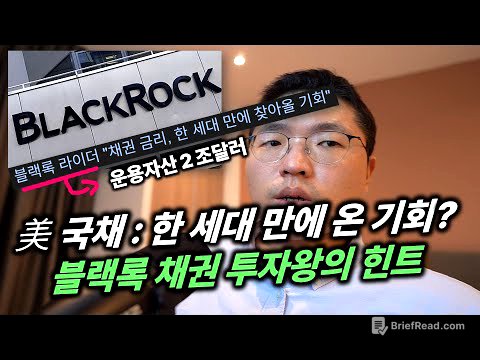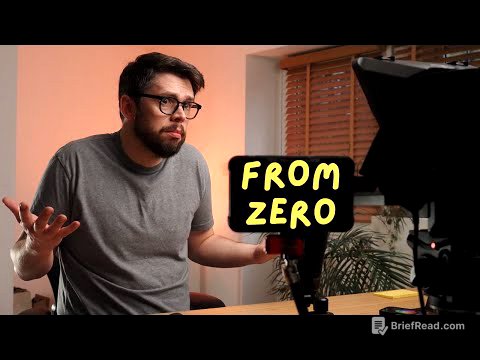TLDR;
This lecture by Professor Ian Shapiro discusses the political and economic changes that have occurred in the world since 1989, focusing on the collapse of communism and its aftermath. He argues that the period since 1989 has been a time of great change and instability, with the rise of new political and economic systems, and the emergence of new challenges and opportunities. The lecture explores the rise of neoliberalism, the Washington Consensus, the resurgence of state capitalism, and the new politics of insecurity. It also examines the role of international institutions in shaping the global order.
- The lecture uses the tools of political science and political theory to analyze historical events.
- It emphasizes the importance of considering the political feasibility of policy proposals.
- It explores the challenges and opportunities facing the world in the 21st century.
The Collapse of Communism and Its Aftermath [32:48]
This chapter focuses on the collapse of communism in Eastern Europe, Russia, China, and Vietnam. The lecture discusses the rise of a unipolar world dominated by the United States after the Cold War and the impact of this shift on global politics. It also examines the rise of neoliberalism and the Washington Consensus, which emerged as alternatives to communism.
The New Global Order [36:07]
This chapter explores the new global order that emerged after the collapse of communism. It examines whether democracy was truly on the march, as many believed at the time, and discusses the role of international institutions in shaping the global order. The lecture highlights the creation of the International Criminal Court and the Responsibility to Protect doctrine at the United Nations.
The End of the End of History [38:39]
This chapter examines the resurgence of state capitalism, particularly in China and Russia, and the challenges it poses to the global order. It also discusses the new role of business in political conflicts around the world, and the growing complexity of global politics.
The New Politics of Insecurity [40:08]
This chapter focuses on the new politics of insecurity that emerged in the wake of the 2008 financial crisis. It examines the growing insecurity in the workforces of many advanced democracies, and the failure of governments to adequately address this issue. The lecture also explores the political reforms that were implemented in response to the crisis, and their unintended consequences.
What is to be Done? [41:26]
This chapter concludes the lecture by examining the misdiagnosis of voter sentiment by political elites, and the failure to respond to the growing economic insecurity experienced by many workers. It explores the economic and political policies that were pursued, or failed to be pursued, in response to the crisis. The lecture concludes with a discussion of how to think about politics going forward.









